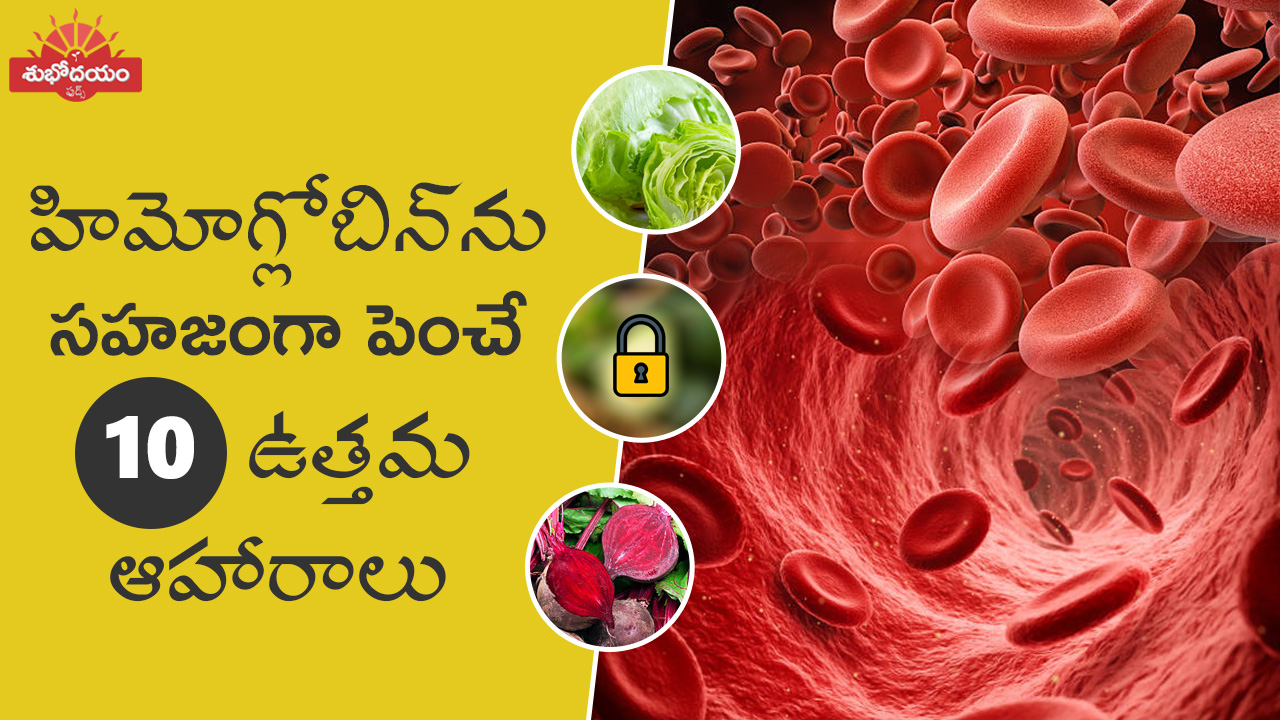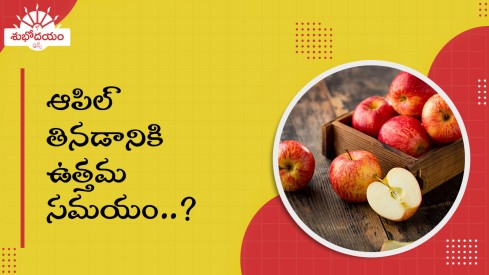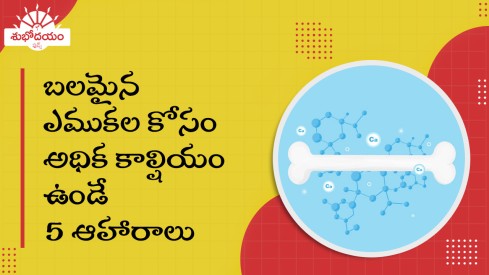FOODS TO INCREASE HEMOGLOBIN: A COMPREHENSIVE LIST
Hemoglobin is an essential protein found in red blood cells that helps to transport oxygen throughout the body. Low hemoglobin levels, also known as anemia, can cause fatigue, weakness, and other health problems. To keep your hemoglobin levels healthy, it's important to eat a diet rich in iron and other essential nutrients.
Here are 10 foods that can help boost your hemoglobin levels and improve your overall health:
Here are 10 foods that can help boost your hemoglobin levels and improve your overall health:
- Leafy greens: Spinach, kale, and other leafy greens are packed with iron, folate, and other essential nutrients. They also contain antioxidants that can help protect your cells from damage.
- Red meat: Beef, pork, and lamb are all excellent sources of iron and other essential nutrients. Just be sure to choose lean cuts and limit your consumption to moderate amounts.
- Seafood: Fish and shellfish are also rich in iron and other essential nutrients. Oysters, in particular, are one of the best sources of zinc, a mineral that plays a key role in the formation of hemoglobin.
- Eggs: Eggs are a great source of iron, as well as other essential nutrients like B vitamins and protein.
- Beans and lentils: These plant-based foods are rich in iron and other essential nutrients, and they're also a great source of protein and fiber.
- Fortified cereals: Many fortified cereals are high in iron and other essential nutrients. Just be sure to check the label and choose a cereal that is low in sugar.
- Nuts and seeds: Almonds, pumpkin seeds, and other nuts and seeds are all excellent sources of iron and other essential nutrients.
- Dried fruits: Dried apricots, raisins, and other dried fruits are a convenient and delicious way to boost your iron intake.
- Dark chocolate: Dark chocolate is high in iron and other essential nutrients, and it can also help to boost your mood and reduce stress.
- Tomatoes: Tomatoes are packed with antioxidants and other essential nutrients, including lycopene, which helps to protect the body from oxidative stress and inflammation.

















